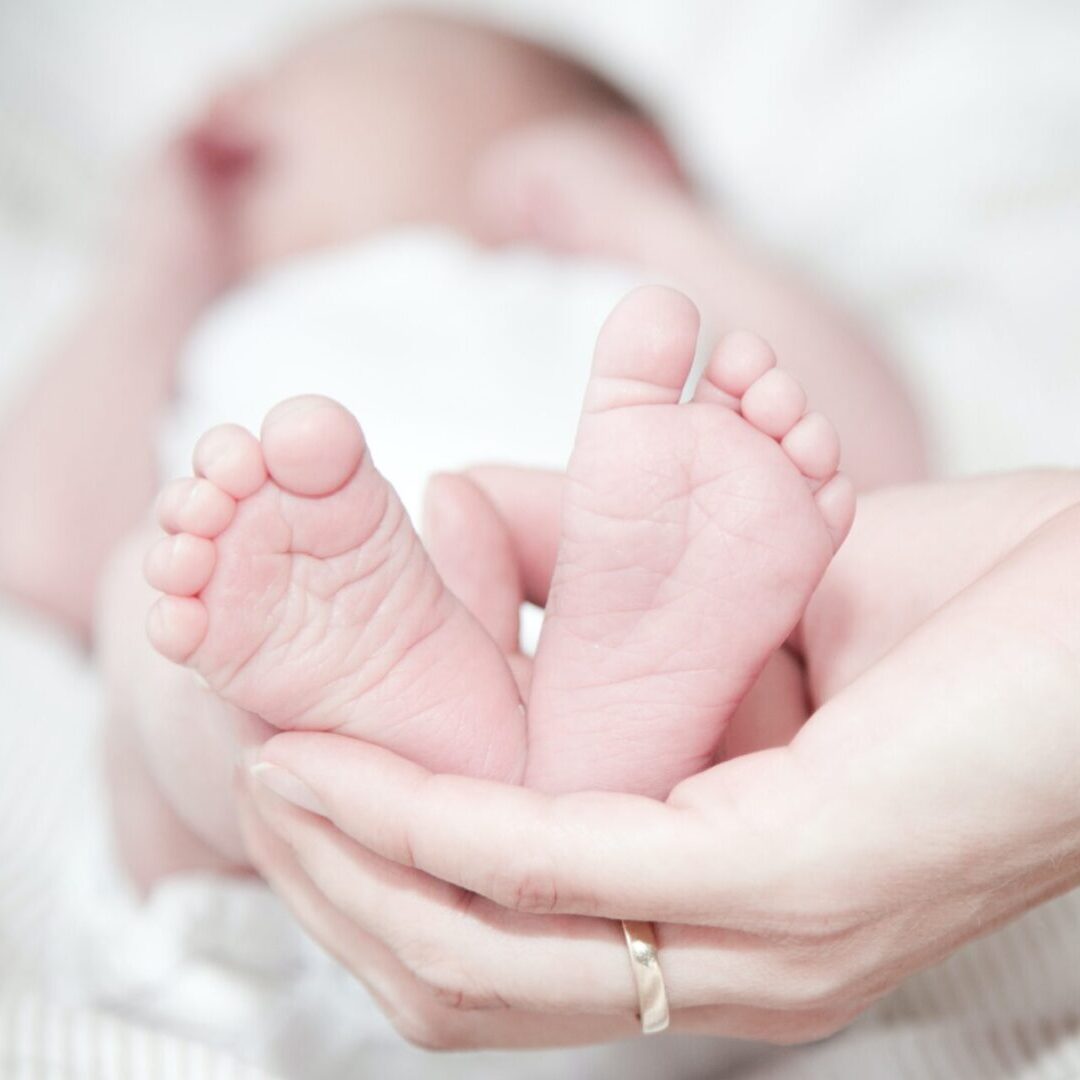Egg Donor
Egg Donor

Become an Egg Donor, Compensated Female Egg Donation
The families receiving egg donations from our Donors feel blessed to have been given the opportunity to reach their dream of expanding their family.
To become an Egg Donor with our agency you must first complete our Egg Donor Application. This will help us to get to know you and to see if you meet the minimum qualifications to become a Donor. Our Donors are culturally and ethnically diverse and are all personally screened to provide the Intended Parents consistent and accurate information.
Once you are accepted into our program, you will have the opportunity to create your own profile for our Intended Parents to view, this will contain information you have provided for us, pictures, and any additional information you would like our parents to know about you. The Donors in our program are considered anonymous.
If you would like to meet and/or see any child from your donation, this would need to be negotiated through your and the Intended Parents’ attorney and stipulations placed into your legal contract. Also, if travel is required, this will be reimbursed.
To inquire or apply as an Egg Donor, please contact Dannielle Jarnesky at Dannielleccsllc@gmail.com or call 805-714-4959.
Egg Donation Process
What is Egg Donation?
Egg Donation is the process by which a fertile woman donates her eggs, usually to help an infertile couple conceive a baby. The ovaries are stimulated by medications to produce extra eggs, which are then retrieved by a noninvasive surgery. There is generally little risk to the donor and the donor is later able to conceive her own children naturally.
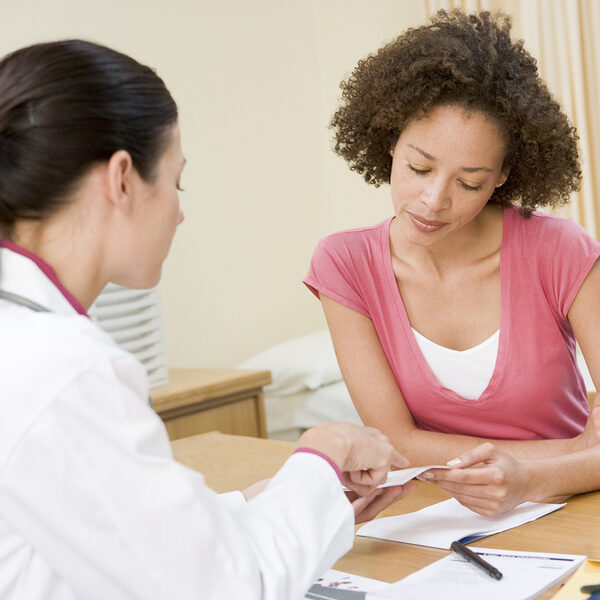
Matching Process:
Central Coast Surrogacy has many Intended Parents looking for their ideal Egg Donor. We strive to make this process as simple and enjoyable as possible. We have qualifications each Egg Donor must meet to help provide peace of mind to both the Egg Donor and the Intended Parent. Once the Egg Donor is accepted into the program, her profile is “made live” so that couples looking for a donor can view it. We also get many requests from IVF clinics for available donors to match with their clients. Egg Donors are notified once a family is interested in working with them. The Egg Donor is told about the family, provided a profile, and given the choice to consider working with this family. No Donor is ever forced to match with a couple they are uncomfortable with. Egg Donors can choose to remain confidential.
Each Intended Family’s circumstances and reasons for Egg Donation are different. This is explained to the Donor so that she may make an informed decision. While meeting in person is not always possible or desired, if this is requested by both parties, we will help to facilitate an in person or video meeting. Not every Donor will match, but if a Donor does match, we want the Donor to feel comfortable with her decision.
Some of our families will consider several Donors to choose the best fit, and some Donors will consider several families before they feel comfortable. This is a good and natural selection process. We will be there each step of the way for guidance, advice, and support.

Medical Evaluation:
Your medical records will be reviewed by the IVF doctor your Intended Parents have selected. At this time, you will be scheduled for a consultation and clearance appointment with this doctor. At this appointment, you will receive information about the clinic, meet your doctor, and review the medical process of egg donation.
You will have bloodwork, checking your health and for any STDs, and you will have a pelvic exam and pap smear. This consultation is to inform you about egg donation from a medical perspective and the in-person physical is to make sure that you are healthy before the transfer.
Legal Process:
Once you are matched, we will begin working with attorneys to create your contract. Both you and your Intended Parents will have an attorney. The attorney of the Intended Parent will draft the contract to define what egg donation is and parental rights, and it will also include expectations from both parties and your compensations. Your contract will be reviewed with you by your attorney before signing it. Any changes needed will be done prior to signing. Once the contract is signed, your escrow account is funded and reimbursements will be paid accordingly.
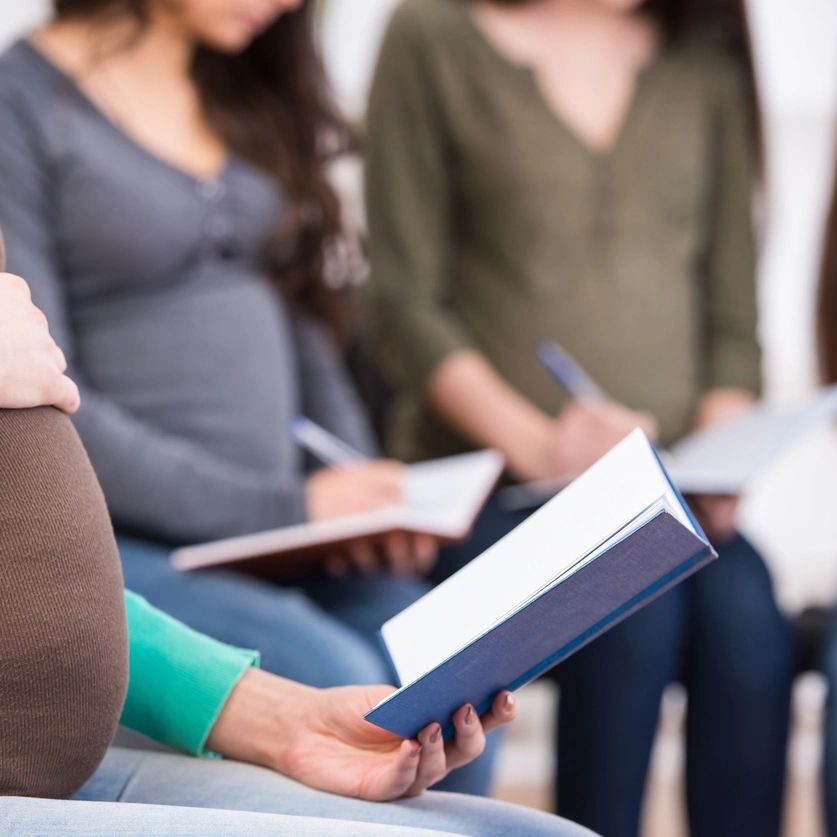

Egg Retrieval:
You may be prescribed a medication for one or more weeks to temporarily halt your ovaries' normal functioning.
This makes it easier to control your response to fertility drugs. A doctor or nurse will give you an injection or instruct you about how to inject the medication daily at home.
The medications can cause hot flashes, vaginal dryness, fatigue, sleep problems, body aches, mood swings, breast tenderness, headache, and/ or vision problems.
Stimulating egg production:
In a normal menstrual cycle, one egg matures and, at ovulation, is released from an egg-containing sac (called a follicle) on the ovary. In egg donation, the goal is to obtain several mature eggs. You will be prescribed medication to stimulate your ovaries to mature more eggs than normal (called "controlled hyperstimulation"). The medications are similar to the hormones that your body produces but at much higher doses.
These medications must be injected (either under your skin or into a muscle). Treatment will start on a specific day of your cycle and continue for about ten days. You will be shown how to inject the medications. If you are unable to inject yourself reliably, you will need someone else to do it for you.
You may develop soreness, redness, or mild bruising around the injection site. You may experience mood swings, tender breasts, enlarged ovaries, and mild fluid retention. Occasionally, the medications cause more hyperstimulation than intended (known as "ovarian hyperstimulation syndrome," or OHSS). This will cause fluid retention and swelling of the ovaries.
In mild OHSS, you may have abdominal pain, pressure, and swelling. This should go away after your next period. In moderate OHSS, you may require careful monitoring, bed rest, and pain medication. Severe OHSS is rare but can cause serious medical complications, including blood clots, kidney failure, fluid build-up in the lungs, and shock. In rare cases, hospitalization is necessary and the condition can be life-threatening.
One or both of your ovaries may have to be removed. The risk of OHSS decreases after the eggs are retrieved.
If you show signs of OHSS before the eggs are ready to be retrieved, the doctor may decide that it is too risky for you to keep taking the hormones. You must stop using the medication and the cycle will be canceled.
If you decide, for some reason, not to undergo egg retrieval after having completed fertility drugs, you increase your risk of OHSS. Very rarely, an enlarged ovary will twist on its stalk and cut off its blood supply. This painful condition requires immediate surgery and the ovary may have to be removed. Also, very rarely, a woman has an allergic reaction to fertility drugs.
You can become pregnant during the cycle if you have unprotected intercourse. This could occur if some of the eggs are released before retrieval or if the doctor is unable to retrieve all of the mature eggs. There is a chance that you could become pregnant with twins, triplets, or quadruplets. You must abstain from intercourse or use effective barrier contraception. Ask the doctor about restrictions on intercourse during the donation cycle.
The long-term risks of fertility drugs are unknown. A few studies suggest that fertility drugs might increase a woman's risk for developing ovarian cancer later in life. Others do not show this link. At this time, no one knows for sure.
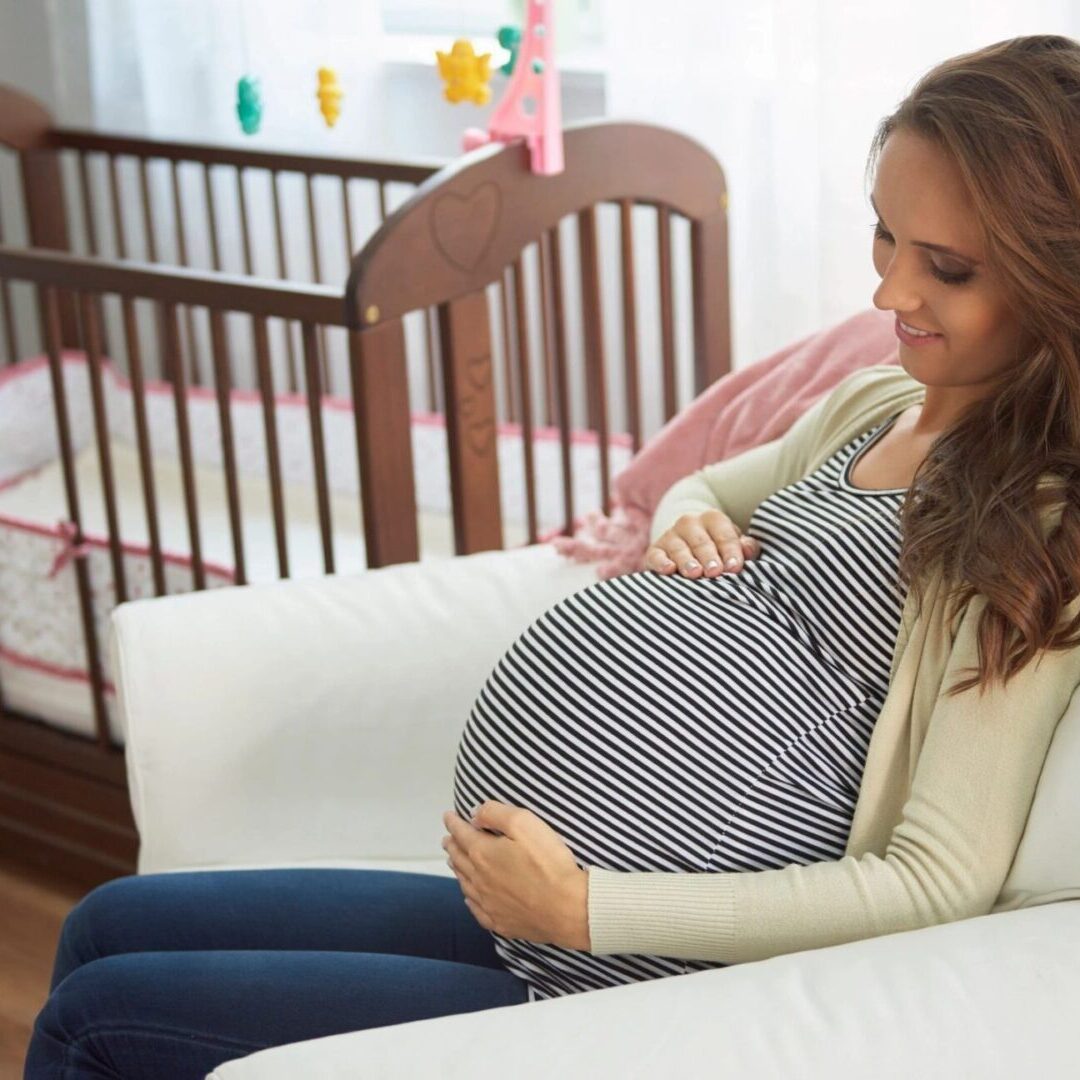
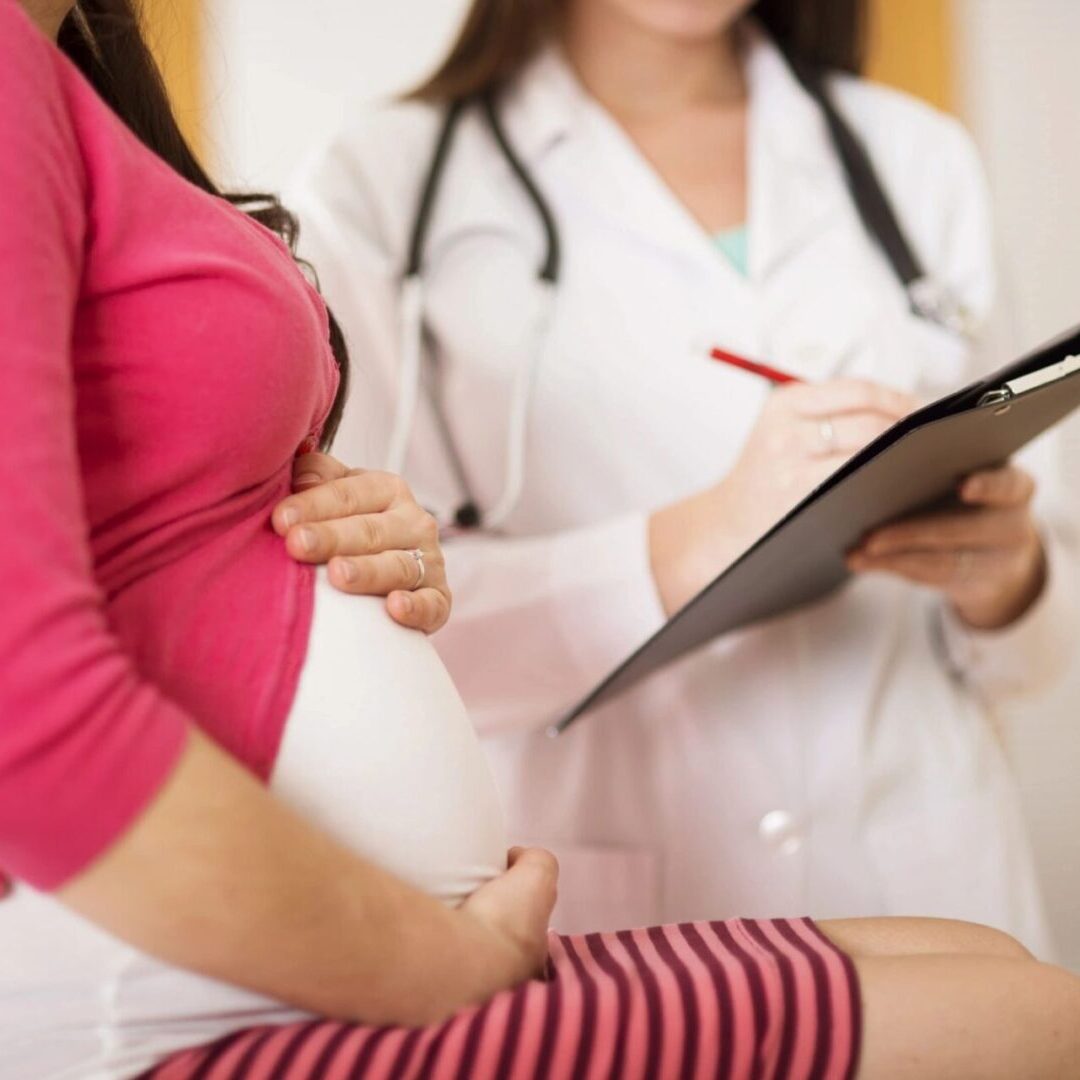
Monitoring your progress:
During the donation cycle, you must have frequent blood tests and ultrasound examinations to track the developing eggs and to see how you are responding to the hormones. Based on these tests, you will be told how to adjust the dose of medication. The ultrasound exams involve inserting an ultrasound probe (about the size of a tampon applicator) into your vagina, so the doctor can see the growing follicles on your ovaries.
When the time is right, you will receive a final injection of another drug to prepare the eggs for retrieval. This injection is given shortly before egg retrieval.
Blood drawing can cause mild discomfort and there is a chance you will develop a bruise in the area where the needle was inserted. Ultrasound examination may be slightly uncomfortable but has no known risks.
Removing the eggs:
The eggs will be removed from your ovaries in a minor surgical procedure called transvaginal ovarian aspiration. An ultrasound probe will be inserted into your vagina. A thin needle attached to the probe will be inserted into each follicle. Using suction, the egg and liquid inside each follicle are removed. You may be given painkillers, sedatives, or anesthesia during the retrieval, which lasts about 30 minutes.
When all the eggs have been retrieved, you will recover for a few hours before going home. You must have someone drive you home. Afterward, you will need to rest for the day. Often, it takes several days of restricted activity to recover.
After the needle is inserted into the ovary, there may be bleeding. Although rare, it is possible to damage or puncture the bowel, bladder, or nearby blood vessels. In the unlikely possibility of severe internal bleeding or serious damage to the pelvic organs, major abdominal surgery may be needed.
To prevent infection, you may be given antibiotics. If infection occurs, it may affect your own future fertility. Ask the doctor about the risks of all medications used during retrieval.
You should be given clear instructions about what to do if you need medical attention. In some programs, donors return for one or two check-ups. You may also be scheduled to meet with a counselor.
Many women are concerned that giving up some of their eggs may reduce their ability to later become pregnant. If there are no complications, being an egg donor should not affect your later fertility. However, if you develop serious complications, including bleeding, infection, or loss of an ovary, it may jeopardize your ability to conceive.
